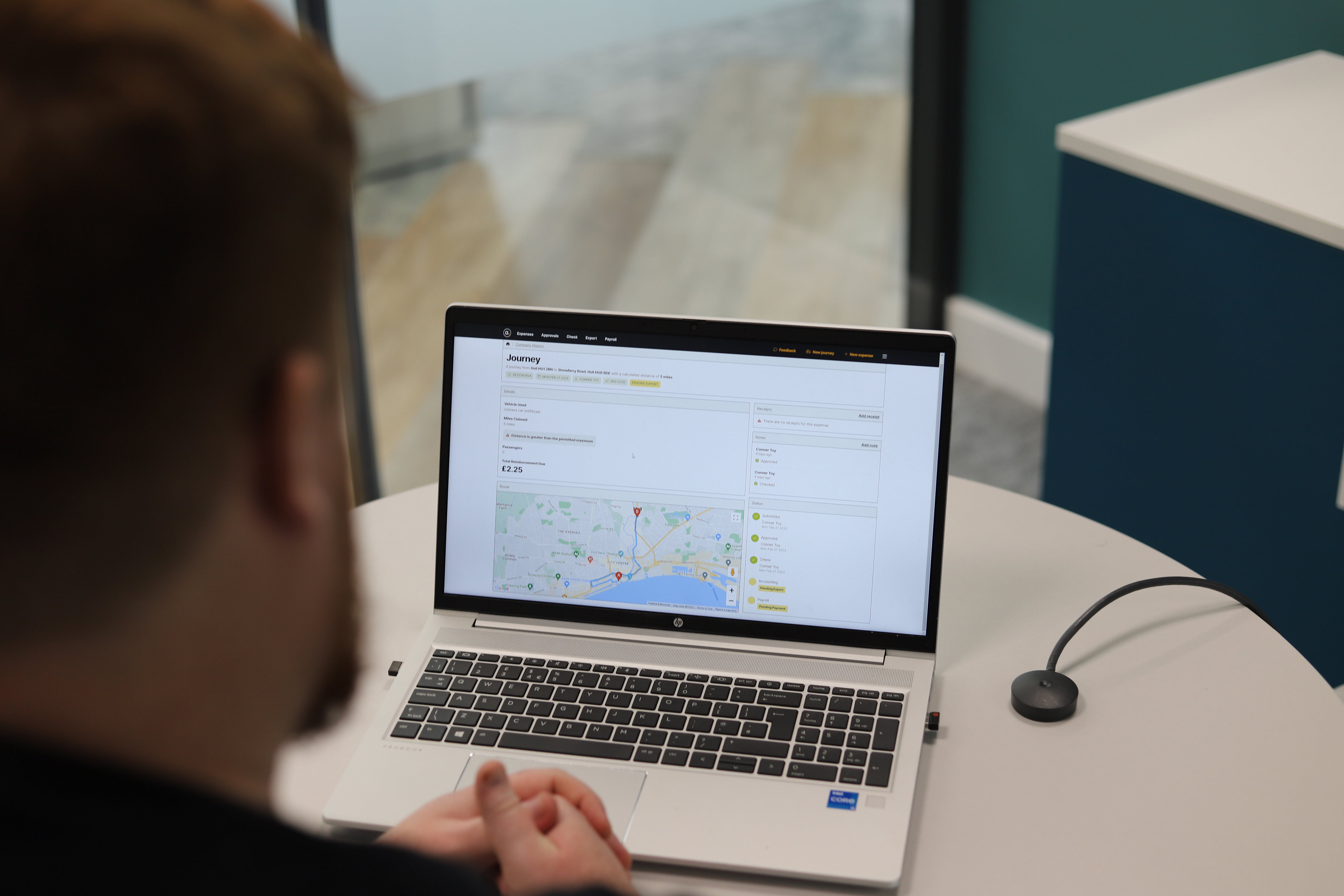The UK is a world leader in the fight against climate change, setting one of the most ambitious targets of any major economy: cutting emissions by 68% by 2030 and reaching net zero by 2050. To achieve this, everyone including businesses has a part to play.
To help companies to measure and manage their environmental impact, the UK government legislated SECR in 2019.
What is SECR?
But, what is SECR? It sounds vague and complex, but it’s quite straightforward. SECR stands for Streamlined Energy and Carbon Reporting and is a legal reporting framework requiring some UK companies to measure and report on their environmental performance.
It is one of the most widely legislated carbon reporting requirements, applying to around 12,000 businesses.
SECR helps companies to track environmental key performance indicators annually, including energy consumption and GHG (greenhouse gas) emissions.
By tracking the data, businesses can understand where they can improve energy efficiency and reduce costs. It’s also useful for highlighting volatile energy and commodity price risks.
Does SECR apply to your business?
If your business is a quoted company, a large limited-liability partnership or a large UK incorporated unquoted company, then SECR applies. Organisations are considered large and must comply with the legislation if they meet two or more of the qualification criteria:
- 250 or more employees
- Turnover more than £36 million
- Balance sheet over £18 million
However, if your organisation uses less than 40,000 kWh per annum it’s classed as a low energy user and is exempt.
The Conduct Committee of the Financial Reporting Council monitors compliance of SECR disclosure. All SECR data is submitted to Companies House and is available to the public. If an SECR fails to meet the requirements or is submitted late, there is a penalty risk, and action could be taken against directors.
Even if SECR doesn’t apply to your business right now, there’s a growing push for sustainability. So, it’s best to get started anyway so you can futureproof your company against legislative changes.
What do you report under SECR?
If SECR applies to your business, you’ll need to disclose various metrics on both the direct and indirect emissions and energy use of your operations. The requirements for SECR differ slightly, based on whether your company is listed or not.
Companies are required to report on a yearly basis as SECR disclosures are based on annual emissions and energy use. Typically, an organisation will report SECR alongside their financial year.
The list of metrics qualifying companies must report on is extensive. We’ve listed the most important metrics so you know where to start. For a complete list of metrics check out the environmental reporting guidelines.
Large unopened companies and LLPs
- Scope 1: GHG resulting from direct combustion of fuels on site and in company vehicles
- Scope 2: UK energy and electricity use, and associated GHG emissions
- Scope 3: GHG from business travel
- At least one emissions intensity metric (e.g. tCO2e / £ turnover)
- Emissions over time, except for the first mandatory reporting year, as emissions data must be shown from the previous year
- A description of the energy efficiency actions taken in the financial year
- The methodology used to calculate the disclosures
Quoted companies
Quoted companies have been reporting annual emissions and an intensity ratio in their Directors’ Report since 2013 under Mandatory GHG Reporting. The disclosure requirements have evolved, and they’re now required to report GHG emissions and total energy use at the global level.
Why do you need to report it?
SECR is more than a mandatory reporting requirement. It’s something that’s crucial to the success of your business.
- Avoid penalties: Legally, failing to report now will result in fines and penalties.
- Prevent greenwashing: Including SECR reports boosts transparency, demonstrates your commitment to sustainability, and improves your reputation.
- Futureproofing: Ensuring compliance will protect you against future legislative changes. Sustainability legislation is likely to expand, as governments and markets find new ways to combine financial performance with climate performance metrics.
- Boost efficiency: SECR encourages companies to use energy and resources more efficiently. Plus, it will likely cut costs as achieving net zero by 2050 will cost the global economy less than not reaching it.
- Increase engagement: People care more about sustainability than ever before and prefer working for companies that align with their values. When a business reduces their emissions they match their worker’s ideals, boosting engagement, increasing retention, and becoming more attractive as an employer.
- Secure contracts: Having a clear climate strategy to show to tenders, makes it easier to secure contracts and choose sustainable suppliers.
- Access finance: SECR sustainability KPIs cover energy and emissions for the current and previous financial years, tracking how a company is progressing with its climate strategy. Banks, lenders, and investors factor in the KPIs for sustainability linked loans, making it easier for sustainable companies to secure finance and favourable interest rates.
Where do you start?
Starting your reporting journey and calculating your organisation’s carbon footprint can be daunting. So, we’ve outlined some key steps you need to take:
- Outline the reporting boundaries of your company. If your business operates across various sites or consists of multiple entities, you need to make sure you are calculating and reporting the emissions across those you own or control.
- Determine your reporting period. SECR is based on annual reporting, so it helps to report the data in line with your annual reporting schedule.
- Start collecting data. This can be a longwinded manual process, so it helps if you define the different ways that your company impacts the environment.
- Convert your data into the CO2e and energy-use metrics that you are required to report on. You need to disclose the methodology behind this for external validation.
- Report your data and create an action plan. You know the environmental impact of your operations and which ones have the greatest effect, so you can work to reduce your impact.
Next steps
SECR is a mandatory reporting requirement that’s key to net zero, helping companies to understand their impact, how it compares to other businesses, and links to their turnover.
Through it, companies demonstrate their commitment to sustainability, pushing to monitor their emissions and take action.
Measuring and reporting your business' impact is vital to avoid penalties, futureproof against legislative changes and reap the benefits of improved sustainability such as increased staff retention and access to finance.
At accountabl, we know that SECR is often a manual and time-consuming process, and that collecting accurate data is tough, especially for scope 3 business travel and purchase emissions.
To help you to cover your bases for more accurate SECR reports we created accountabl, a revolutionary expense management system with spend, mileage, and CO2e tracking. So, your company streamlines processes and cuts costs, while you get the scope 3 business travel and purchase data you need with ease.
Make your SECR life easier with a 30-day free trial of accountabl.









